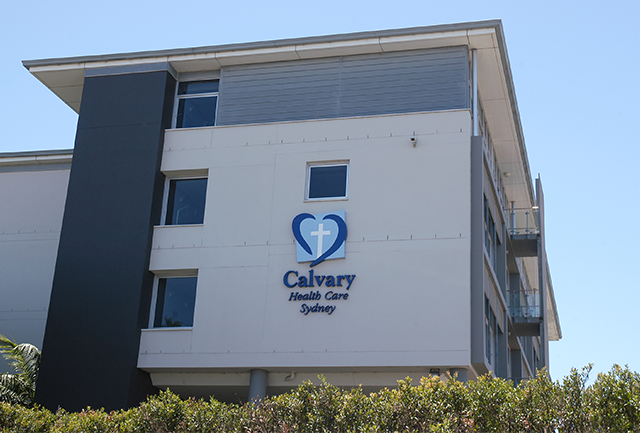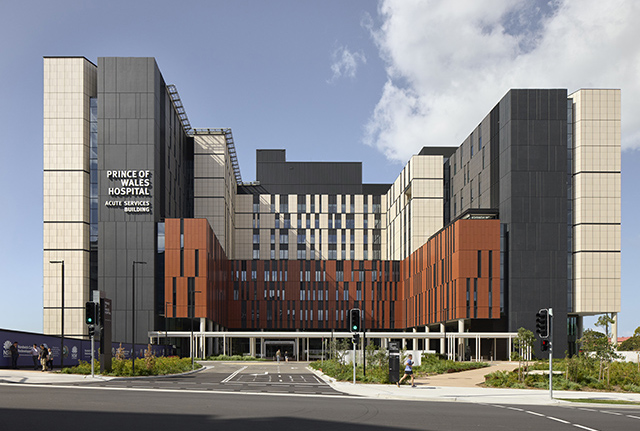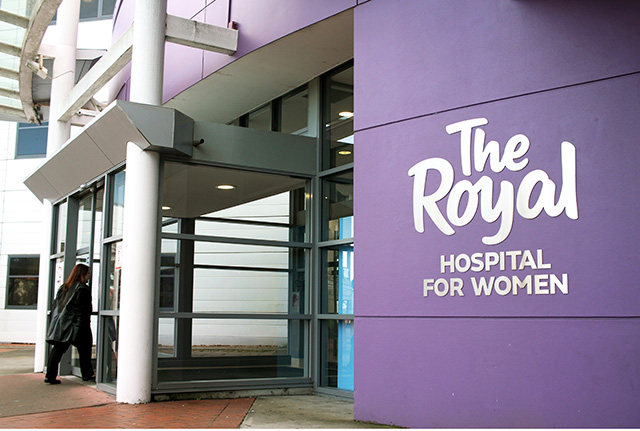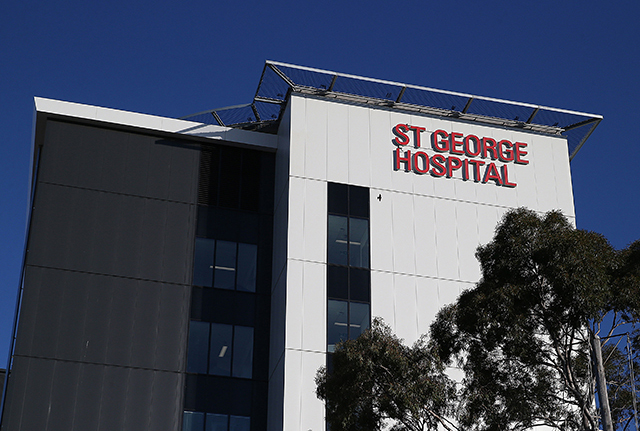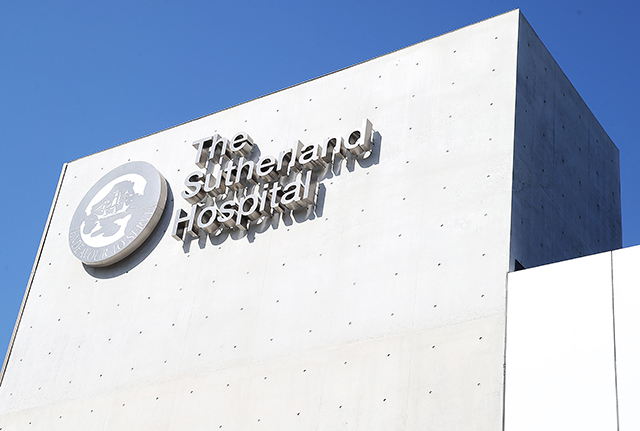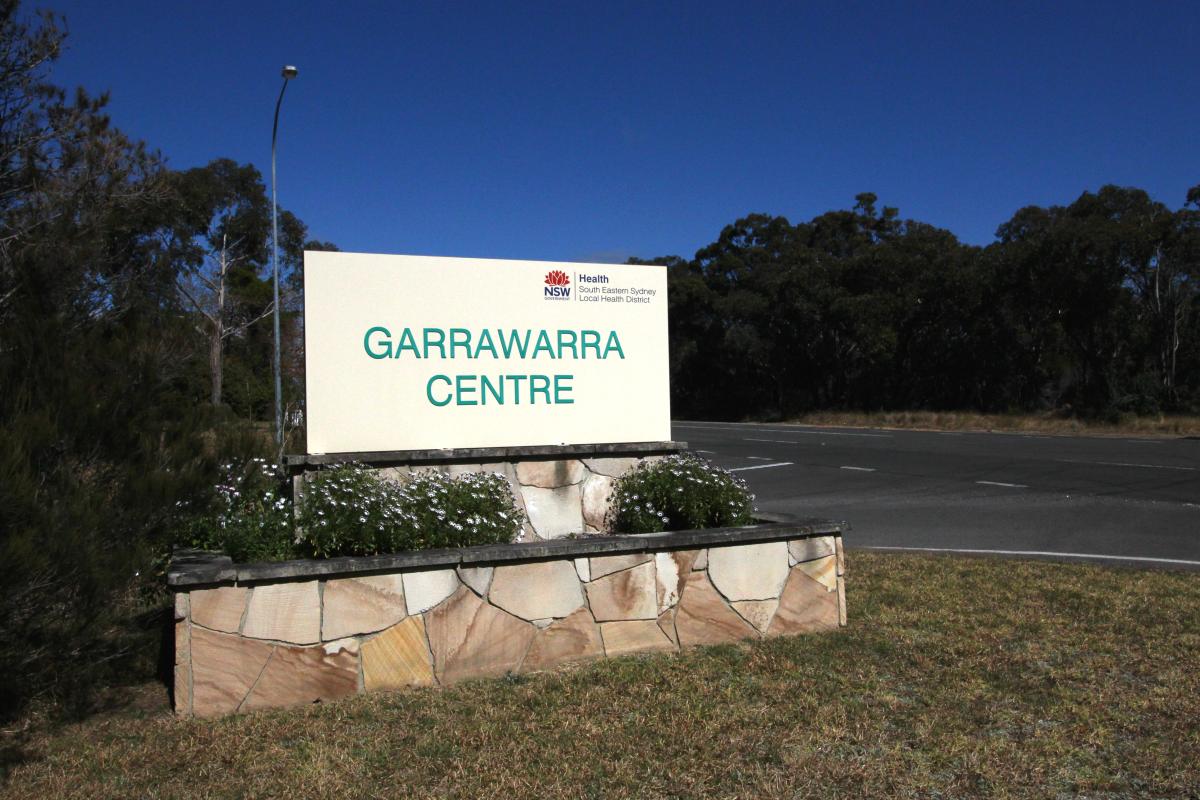Palliative Care and End Of Life Care Clinical Stream
When an illness cannot be cured, Palliative Care is available to help manage distressing or complex symptoms and provide support to help people live their life as fully and as comfortably as possible.
The following palliative care services are available across SESLHD
|
Service Type |
Service Name | Service Description |
|---|---|---|
| Palliative Care Inpatients Services | Specialist Palliative Care Inpatient Unit | Inpatient service providing multidisciplinary specialist palliative care to manage patients with complex pain or other symptoms, palliative rehabilitation, respite care or end of life care. |
| Palliative Care Consultative Service | Inpatient service providing patients with specialist medical and nursing palliative care to address palliative care needs. | |
| Ambulatory Palliative Care Services | Community Supportive Care Services (CSCS) | Community based, multidisciplinary consult services (medical, nursing and allied health) to support patients with palliative care needs. |
| Palliative Care Outpatient Clinics | Outpatient clinics run by medical Palliative Care Specialists or Nurses | |
| Palliative Care Embedded Care Services | Multidisciplinary care that integrates specialist palliative care with care from other specialties to improve the care of patients. Examples include cardiac, respiratory and renal supportive services. | |
| Community-based Palliative Care Services | General Community Services | Home based care to people in the community. It offers multidisciplinary support and is not specialised in palliative care. |
| Community Palliative Care Services (CPCT) | Home based palliative care services for people living in the community who need high level multidisciplinary support and are typically in their last 3 months of life. |
South Eastern Sydney Local Health District (SESLHD) Palliative Care Services works with care teams, like GPs and other specialists, to provide comfort and support quality of life, while you or your loved one gets on with living.
Our Palliative Care staff assess patient and carer needs and consider personal wishes and goals for care. Palliative Care teams include doctors, nurses, allied health staff including social workers, Aboriginal liaison officers and trained volunteers.
They provide:
- Regular assessments and treatments to target symptoms such as pain, nausea, breathlessness and anxiety
- Support for physical, emotional, spiritual and social needs
- Access to specialist support in any SESLHD hospital, residential aged care facility or at home
- Access to loan equipment to care safely at home
- Access to after-hours support
- Ongoing professional and volunteer support to family members and carers.
All services are free of charge.
They key priorities for Palliative Care and End of Life Care, as reflected in the SESLHD Clinical Services Plan, are;
- Enhance Palliative Care data collection and reporting services across SESLHD
- Expansion of Health Promotion Models across SESLHD
- Partner with University of New South Wales (UNSW) to build a Model of Care for Neurodisability services within SESLHD
- Support sites within SESLHD to expand use of virtual care for Palliative care patients and families
- Embed Palliative Care across all clinical services
- Increase engagement with Aboriginal and Torres Strait Islander Health Workforce, Aboriginal Health Organisations, and Communities
- Embed grief & bereavement care across all clinical areas in SESLHD
Dr Linda Sheahan
Palliative Care Stream Director
Kim Rigg
Palliative Care Clinical Services Manager
Julie Lane
Palliative Care Clinical Stream Administration Support
Fax 02 9540 8293
Email: seslhd-districtpalliativecare@health.nsw.gov.au
For more information visit our website.
Grief is a normal and natural response to the death of someone significant in our lives. Every person grieves in their own way and there is no ‘right’ way to grieve.
Similarly, we all cope in different ways. Many people will simply turn to their existing relationships and coping strategies. For some people, connecting with someone who has experienced a similar thing to you is helpful. A few of us may wish to seek specialised and non-judgemental support from a bereavement counsellor in a one-on-one protected space.
We have a range of bereavement support and services which can be easily accessed, based on your location:
Specialist Bereavement Counselling
Our Grief & Bereavement Social Work Service
Our Grief & Bereavement Social Workers provide follow up support to adult family members, carers and friends of patients who have died at Prince of Wales Hospital, Sydney / Sydney Eye Hospital, St George Hospital or Sutherland Hospital.
Our aim is to enhance a person’s health and well-being through assistance and support which can occur via:
- Short term practical and psychosocial assistance
- Education
- Referral to agencies and groups
- Short-term bereavement counselling
For further information please email SESLHD-SouthernGriefandBereavementSW@health.nsw.gov.au
Bereavement Useful Links
For further information on Palliative Care, you may find these links helpful:
- Advance Care Planning Australia: Provide advice, support, education materials, training and volunteering opportunities to support advance care planning within the community.
- CanTeen: CanTeen helps young people cope with cancer in their family. Through CanTeen young people can learn to explore and deal with their feelings about cancer and connect with other young people in similar situations.
- Carers Australia: Carers Australia is the national peak body representing Australia’s unpaid carers, advocating on their behalf to influence policies and services at a national level.
- Care Search: Access to trustworthy evidence informed Palliative Care related information to support person-centred decision-making and the transition to palliative care.
- End of Life essentials: Offers free peer-reviewed online education modules on health care at the end of life in acute hospitals for nurses, doctors and allied health professionals.
- Grief Australia: Specialist bereavement service for individuals and families who need help following the death of someone close to them. The organisation offers free telephone support, online bereavement support groups, grief resources and information.
- Grief Line: Griefline provides free and confidential counselling and support to people experiencing grief and loss across Australia, inclusive of remote, regional, rural and metropolitan regions.
- Gwandalan - Supporting Palliative Care for Aboriginal and Torres Strait Islander Communities: Education and training materials to support cultural safety within palliative care services for Aboriginal and Torres Strait Islander peoples.
- HealthPathways: HealthPathways is designed and written for use during a primary care consultation. Each pathway provides clear and concise guidance for assessing and managing a patient with a particular symptom or condition in primary care. Pathways also include information about making requests to services in the local health system.
- Lifeline: Providing all Australians experiencing emotional distress with access to 24-hour crisis support and suicide prevention services.
- Palliative Care Australia: Palliative Care Australia aim to improve access to, and promote the need for, palliative care. They provide resources to educate the broader community around palliative care, death and dying.
- Palliative Care NSW: Providing resources to educate and equip professionals, volunteers and the broader community around palliative care, death and dying.
We combine innovation, practicality and compassion to advance research in palliative care to improve the care of our seriously ill patients and their caregivers.
Our collaboration with multidisciplinary experts and organisations enhances our ability to conduct world-class research to provide high-quality, evidence-based end of life care to our community.
Our research goals are to:
-
Lead a research culture within our District
-
Foster strong research partnerships and collaborations
-
Support the research endeavours of our staff to generate new knowledge in Palliative Care
External collaborations
We offer opportunities for collaboration with our medical and academic institution partners. Our partnerships and projects are at the forefront of developing evidence-based palliative care resources, health service evaluation, treatments and care for the terminally ill.
Our team is committed to working collaboratively with researchers, palliative care and aged care services, and consumer organisations to improve care for those who are ageing, caring, dying, and grieving.
Find out more
To find out more, contact seslhd-districtpalliativecare@health.nsw.gov.au
Our research areas
This program is a general overview of everyday bereavement care and models of grief which can be easily understood by all SESLHD staff including clinical, nonclinical, and services staff, and applied to everyday working situations when faced with someone who is grieving.
Bereavement Care:
Bereavement Care Video
Models of Grief:
Models of Grief Video
